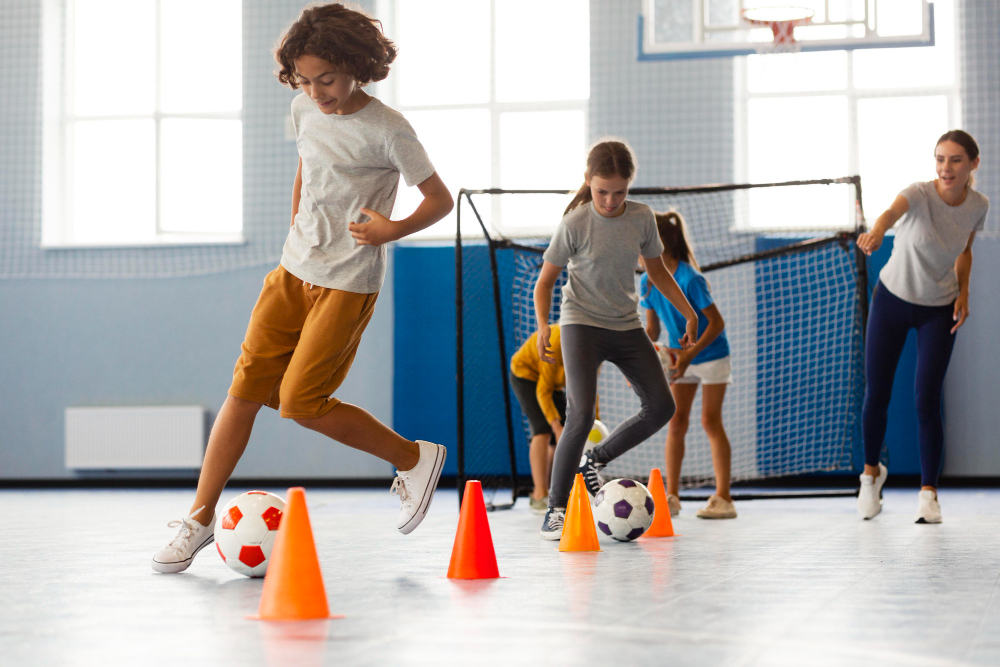Teamwork is a crucial aspect of youth sports, offering numerous benefits that extend far beyond the playing field. Participating in team sports instills valuable life skills, fosters social connections, and contributes to overall well-being.
Enhances Social Skills and Communication
Team sports provide a natural environment for developing essential social skills, such as communication, cooperation, and conflict resolution. Players learn to express their ideas clearly, listen attentively to others, and work together towards common goals. They also develop empathy and understanding, appreciating the perspectives and contributions of their teammates.
Promotes Leadership and Responsibility
Team sports provide opportunities for young athletes to develop leadership skills and a sense of responsibility. Players learn to take initiative, motivate others, and contribute positively to the team’s success. They also understand the importance of accountability, recognizing that their actions affect the entire team.
Builds Self-Esteem and Confidence
Participating in team sports can boost self-esteem and confidence in young athletes. As players contribute to the team’s success, they gain a sense of accomplishment and pride in their abilities. They also learn to appreciate their unique strengths and value as part of the team.
Teaches Resilience and Sportsmanship
Team sports inevitably involve challenges and setbacks, providing valuable lessons in resilience and sportsmanship. Players learn to persevere through adversity, overcome obstacles, and maintain a positive attitude even in the face of defeat. They also develop a sense of sportsmanship, respecting opponents and upholding the rules of the game.
Encourages Physical Activity and Healthy Habits
Team sports promote physical activity and a healthy lifestyle. Regular exercise contributes to overall physical fitness, including cardiovascular health, strength, and endurance. Participating in sports also encourages healthy habits, such as proper nutrition and adequate sleep, which are essential for optimal performance and well-being.
Fosters Friendship and Belonging
Team sports provide opportunities for young athletes to form friendships and develop a sense of belonging. They learn to trust, support, and rely on each other, creating a strong sense of camaraderie. These friendships often extend beyond the playing field, providing a network of support and connection throughout life.
Enhances Mental and Emotional Well-being
Team sports can contribute to positive mental and emotional well-being. Participating in sports provides a channel for stress relief, anxiety reduction, and mood enhancement. The physical activity and social interaction associated with team sports can boost self-esteem, reduce feelings of isolation, and promote overall emotional well-being.
In conclusion, teamwork plays a vital role in youth sports, offering a multitude of benefits that extend beyond athletic achievements. By fostering social skills, leadership qualities, resilience, and a sense of belonging, team sports contribute to the overall development and well-being of young athletes.
 Cart is empty
Cart is empty 

